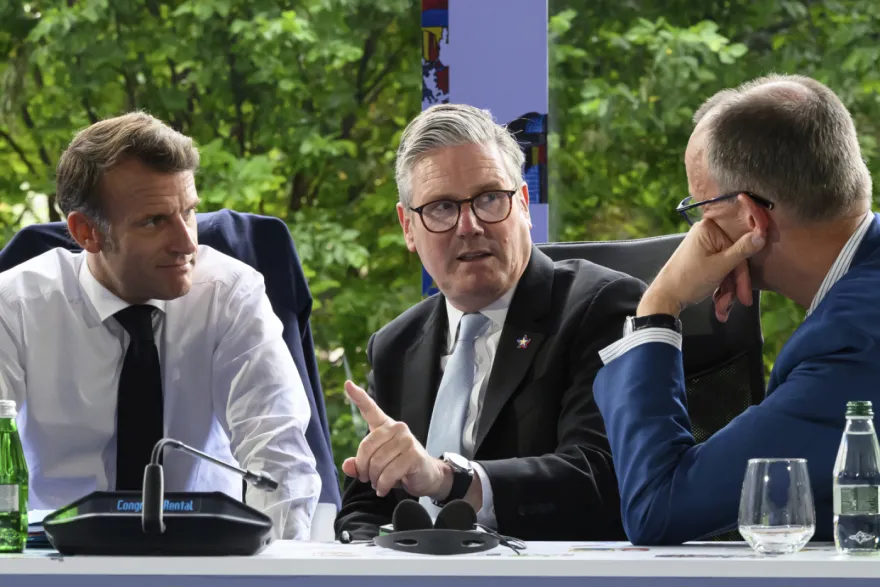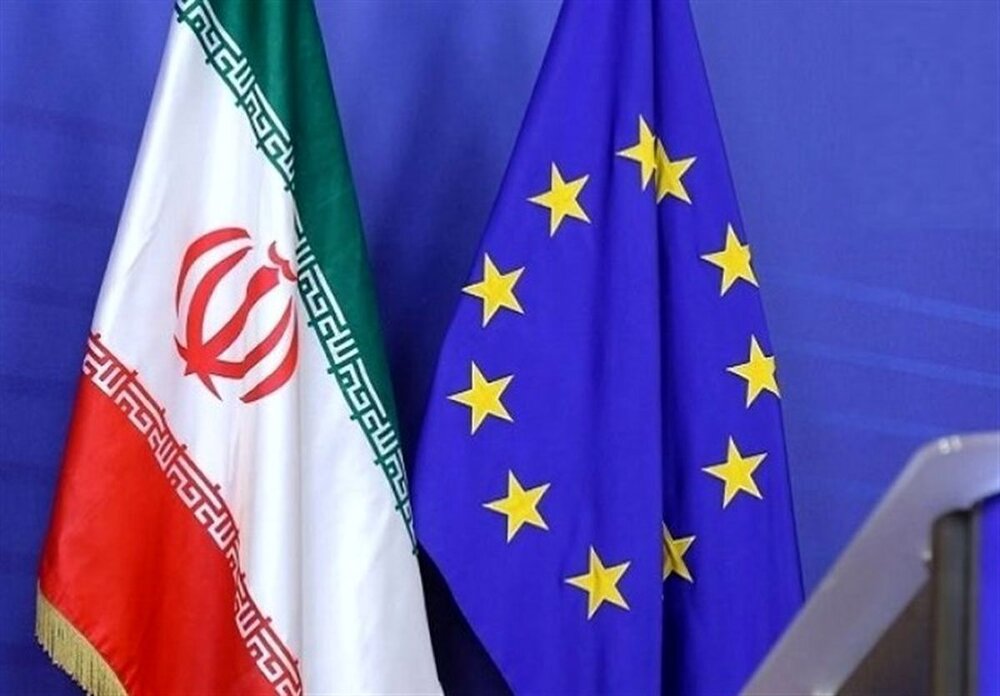France, Germany, and the UK (E3) have announced they will trigger snapback sanctions on Iran at the United Nations. This will launch a 30-day process that will likely culminate in the full reinstatement of all U.N. sanctions lifted under the 2015 nuclear deal. The move will carry four major consequences.
First, the U.N. Security Council will formally adopt the demand — pushed by Israel — that Iran cease all uranium enrichment. Israel designed this demand to sabotage nuclear diplomacy and edge the conflict toward war.
Next, a U.N. arms embargo on Iran will return, potentially curbing Tehran’s ability to rebuild deterrence against future Israeli or American strikes, provided Russia and China treat the snapback as legitimate and enforce it.
Third, Iran’s already fragile economy will deteriorate further; its currency has already taken a hit.
And finally, far from advancing diplomacy, the measure risks accelerating escalation. While Israel hardly needs a pretext to launch another strike on Iran, as I have argued, snapback could provide useful political cover — a thin veneer of legitimacy — for renewed attacks.
Read Dr. Parsi's full article HERE on Responsible Statecraft






